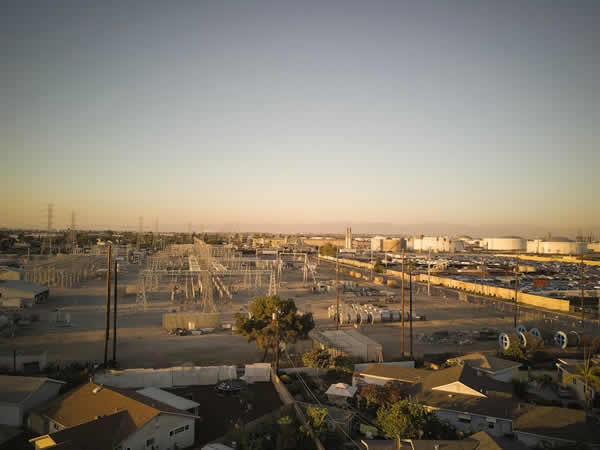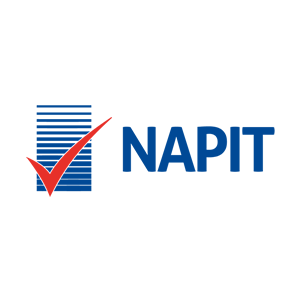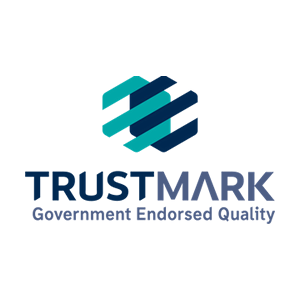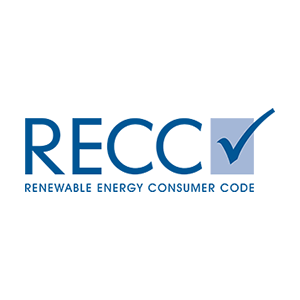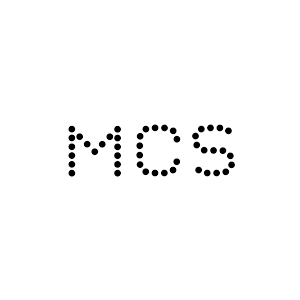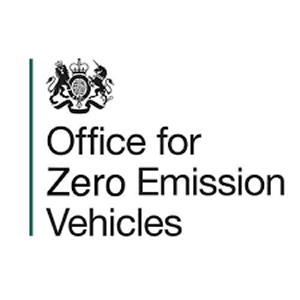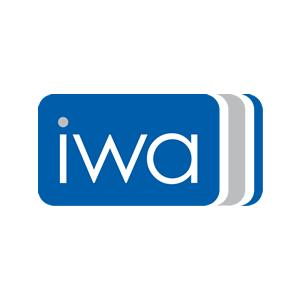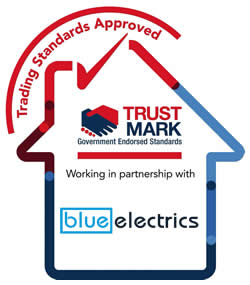Are you a homeowner thinking about installing solar panels? Congratulations on taking a step towards sustainable energy and reducing your carbon footprint! As you embark on this journey, you might encounter terms like DNO and IDNO, especially when dealing with the necessary applications like G98 or G99. At Blue Electrics, we’re here to simplify these concepts and guide you through the process seamlessly.
What Are DNOs and IDNOs?
Distribution Network Operators (DNOs) are companies licensed by the Office of Gas and Electricity Markets (Ofgem) to distribute electricity across specific regions in Great Britain. They manage the infrastructure that delivers electricity from the national transmission grid to your home or business. Importantly, DNOs do not supply electricity; instead, they ensure that the power reaches you, while separate supply companies handle the actual provision of electricity based on your choice.
On the other hand, Independent Distribution Network Operators (IDNOs) were introduced to foster competition within the electricity distribution market. IDNOs can develop, operate, and maintain local electricity distribution networks anywhere in Great Britain. This flexibility allows for tailored solutions, especially in areas experiencing new housing or commercial developments.
How Do DNOs and IDNOs Affect Your Solar Installation?
When installing solar panels, you may need to connect your system to the local electricity network. This is where understanding whether your area is served by a DNO or an IDNO becomes crucial:
- DNO Connections: Traditional areas typically connected by DNOs will follow standard procedures for integrating solar installations. The DNO ensures that your solar system is safely and efficiently connected to the broader grid.
- IDNO Connections: In regions managed by IDNOs, the process remains similar, but the IDNO may handle additional responsibilities related to newer or expanding networks. Both DNOs and IDNOs maintain the same high standards of service and reliability, regulated by Ofgem to ensure fair pricing and consistent performance.
The G98 and G99 Processes Explained
When installing solar panels, you’ll need to submit specific applications to ensure your system is correctly connected to the grid. These applications are known as G98 and G99.
- G98 Application: This is used for new solar installations that connect to the grid for the first time. It involves assessing the technical aspects of your installation to ensure it meets all safety and performance standards.
- G99 Application: Similar to G98, the G99 is used for any significant changes or upgrades to existing solar systems. It ensures that any modifications continue to comply with regulatory requirements.
Navigating these applications can be complex, especially when determining whether your local network is managed by a DNO or an IDNO.
How Blue Electrics Can Help
At Blue Electrics, we specialise in making the solar installation process straightforward for homeowners. Here’s how we assist you:
- Assessment: We evaluate your property’s suitability for solar energy, considering factors like roof orientation, shading, and energy needs.
- Application Submission: We handle the entire G98 or G99 application process on your behalf, whether your area is served by a DNO or an IDNO. Our expertise ensures that all paperwork is accurately completed and submitted promptly.
- Connection Management: We coordinate with your local network operator to facilitate a smooth connection of your solar system to the grid, adhering to all regulatory standards.
- Ongoing Support: From installation to maintenance, Blue Electrics provides continuous support to ensure your solar system operates efficiently and effectively.
Building a Sustainable Future Together
Understanding the roles of DNOs and IDNOs is essential for a successful solar installation. By partnering with Blue Electrics, you gain a knowledgeable ally dedicated to simplifying the process and maximising the benefits of your solar investment. Ready to harness the power of the sun? Contact Blue Electrics today and take the first step towards a greener, more sustainable home.

